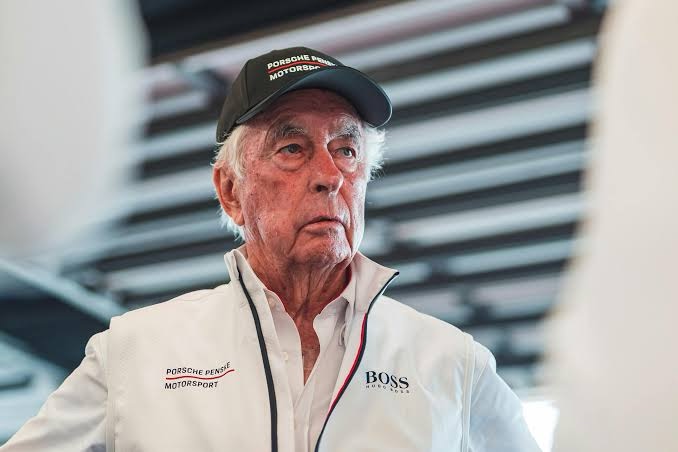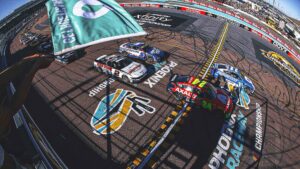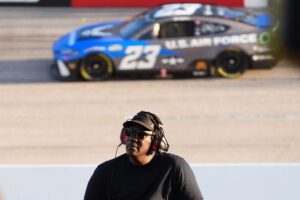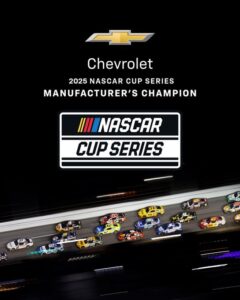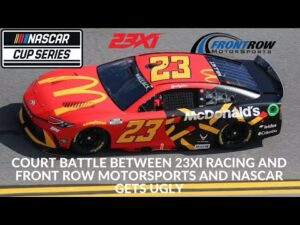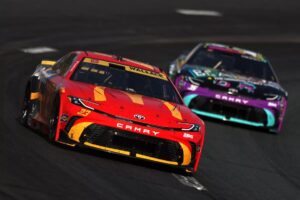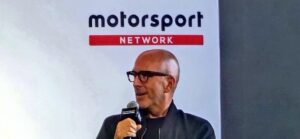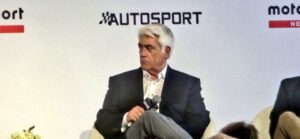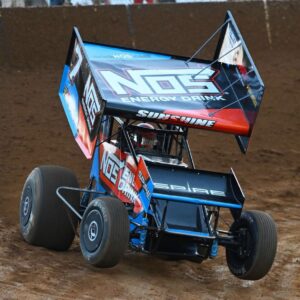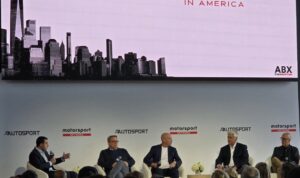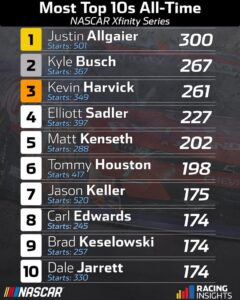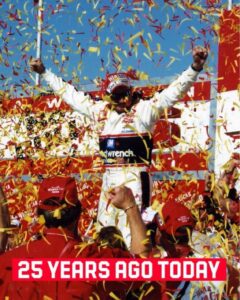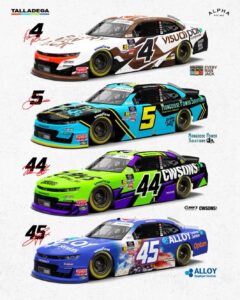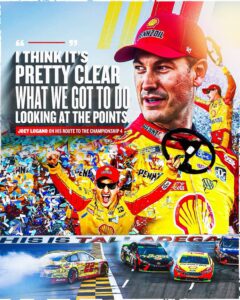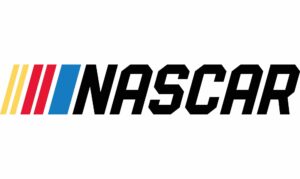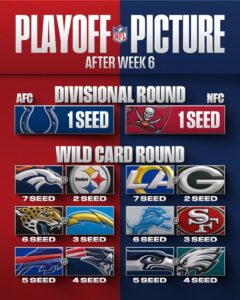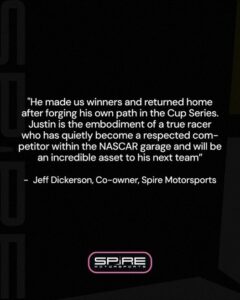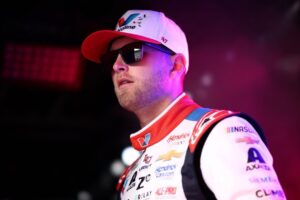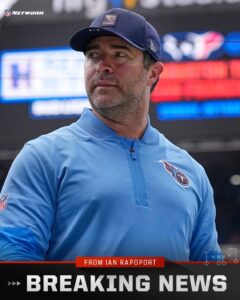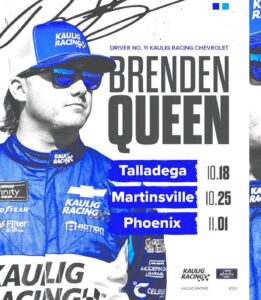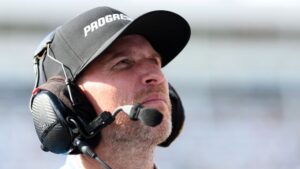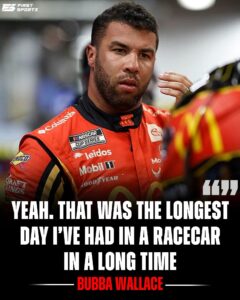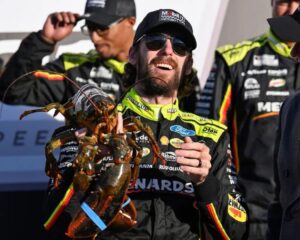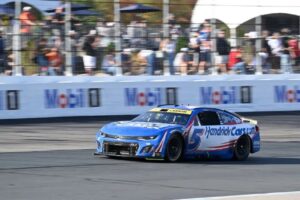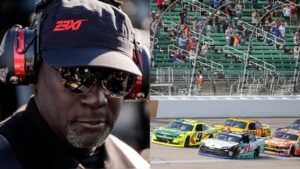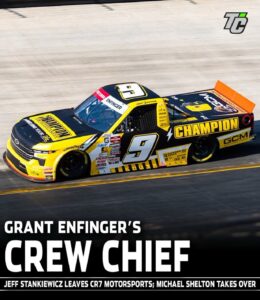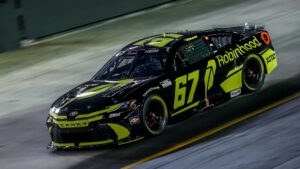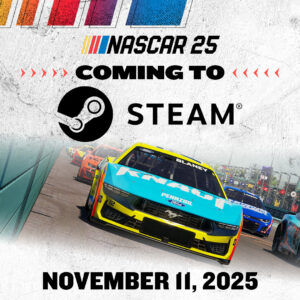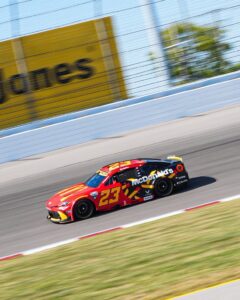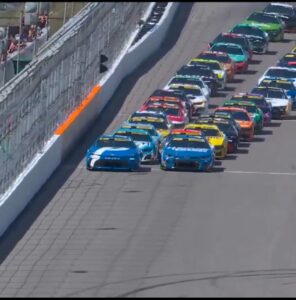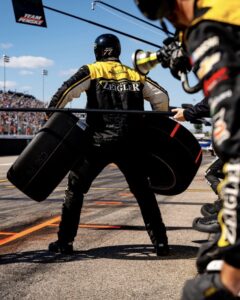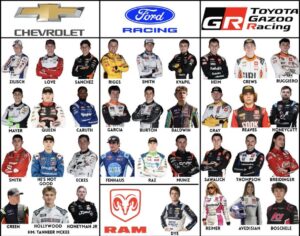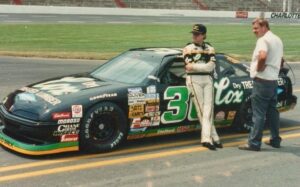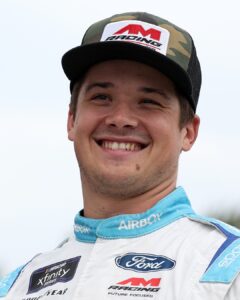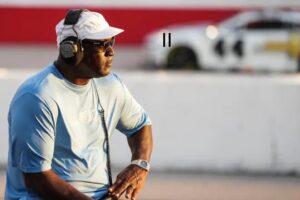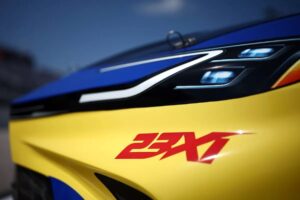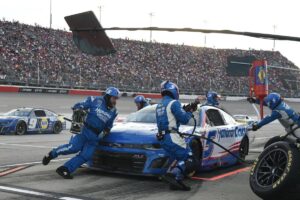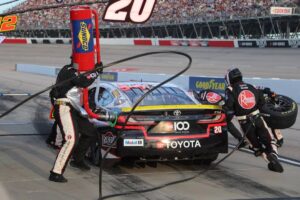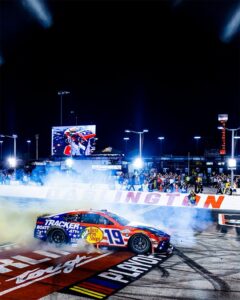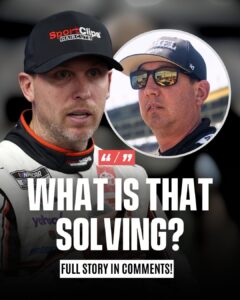In the world of motorsport, where politics, power, and performance constantly collide, the latest wave of speculation around Roger Penske, Honda, and the future of IndyCar is raising eyebrows — and serious concerns.
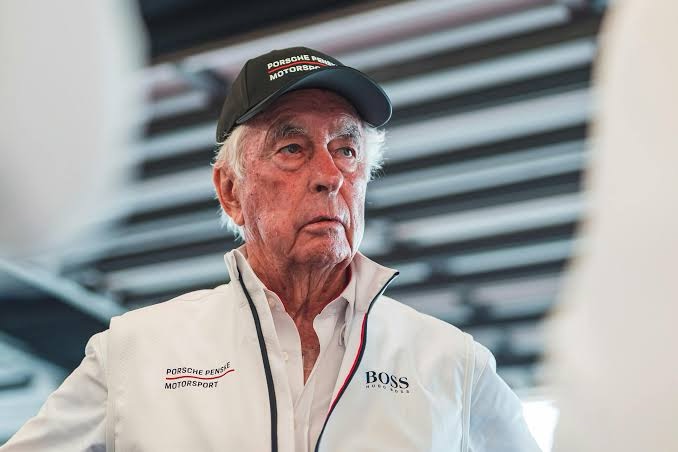
Many fans and insiders are beginning to believe that Penske’s long game may be about more than just racing. With recent developments and swirling rumors, a provocative but increasingly plausible theory has emerged: that Penske might want Honda Racing to exit IndyCar, paving the way for his own company, Ilmor Engineering, to supply engines across the entire field — effectively giving him control over every car on the grid.
The Signs Are There
Let’s connect the dots. Since acquiring IndyCar and the Indianapolis Motor Speedway in 2020, Roger Penske has worked to elevate the series — investing in infrastructure, promotion, and broadcast deals. But ownership of the series also gives him a unique level of influence over its direction.
Meanwhile, whispers have circulated that Penske is quietly funding development of a new IndyCar chassis, something that, if true, would add yet another pillar to his growing empire. With a Penske-owned team, a Penske-aligned engine builder in Ilmor (which already co-develops Chevy’s IndyCar engines), and a Penske-funded chassis… what’s left?
The answer: control of everything.
Why Honda Might Walk
Honda’s long-standing commitment to IndyCar has been passionate and performance-driven. But it’s no secret that the company has grown frustrated at times — whether over delayed hybrid rollouts, shifting regulations, or strategic decisions made by series leadership.
Now, with the new hybrid era repeatedly postponed and technical alignment looking murky, some insiders believe Honda may already be halfway out the door. If they feel their influence is waning and the deck is stacked in favor of Penske’s interests, a graceful exit could be closer than we think.
What Would It Mean?
If Honda leaves, and Penske’s Ilmor becomes the sole engine supplier, paired with a Penske-funded chassis — that’s vertical integration in motorsports terms. While it may solve some logistical headaches (costs, consistency, reliability), it would also raise serious concerns about competitive integrity.
Would Penske Racing have inside access to development data? Would other teams feel they’re on equal footing? Would it discourage new manufacturers from entering the series?
The idea of a “spec series” entirely controlled by one team owner — who also owns the series itself — is a hard sell for fans who crave fairness, competition, and innovation.
Final Thoughts
None of this is confirmed — but the pieces fit uncomfortably well. If Penske is indeed nudging Honda toward the exit, it may be part of a larger consolidation strategy that positions him and Ilmor at the center of every engine, every car, and every race.
That kind of control might bring short-term stability. But long-term? It could choke the spirit of IndyCar.
Let’s hope, if there’s truth to these rumors, that the voices of fans, teams, and even rival manufacturers are loud enough to preserve the integrity of one of America’s greatest racing series.
